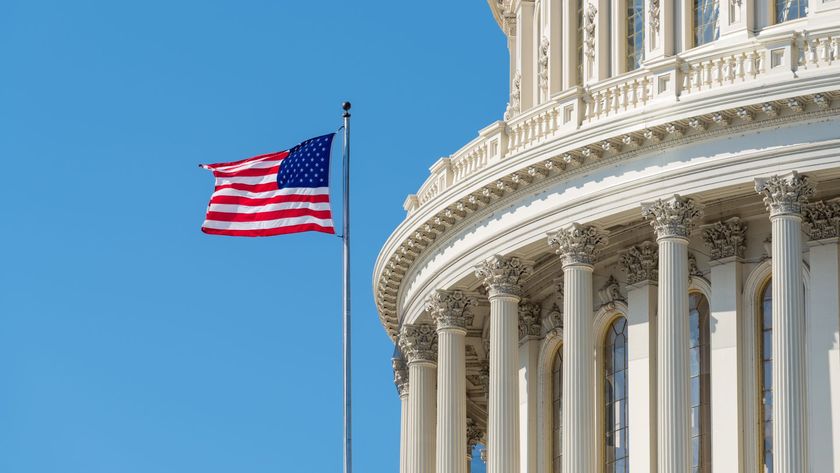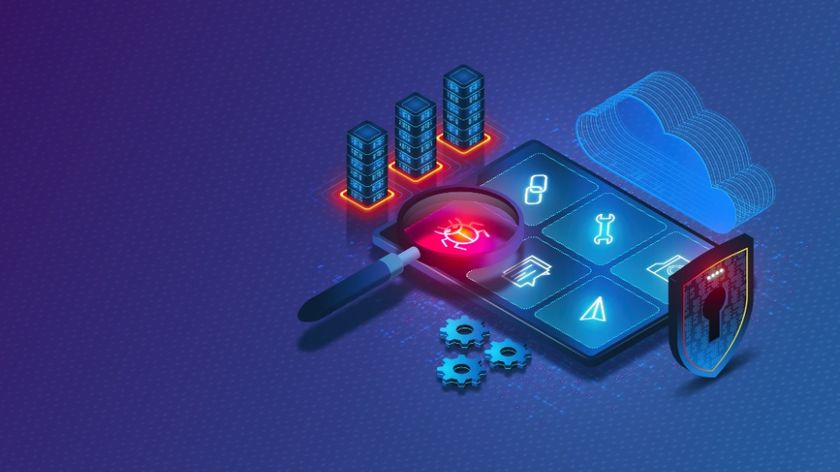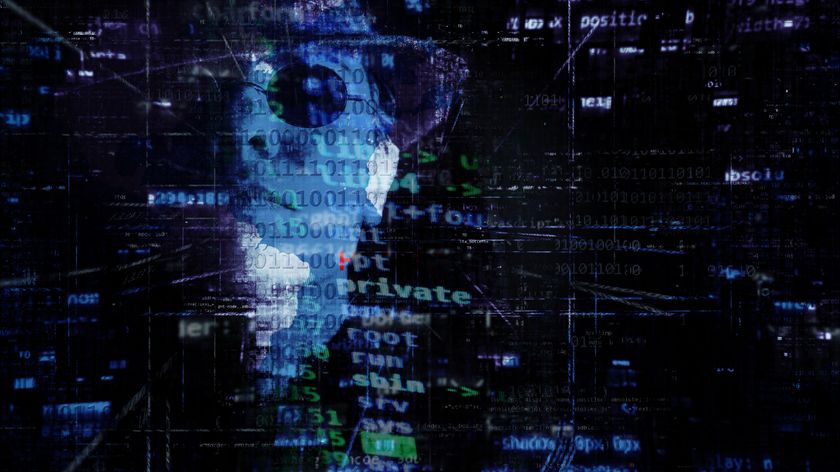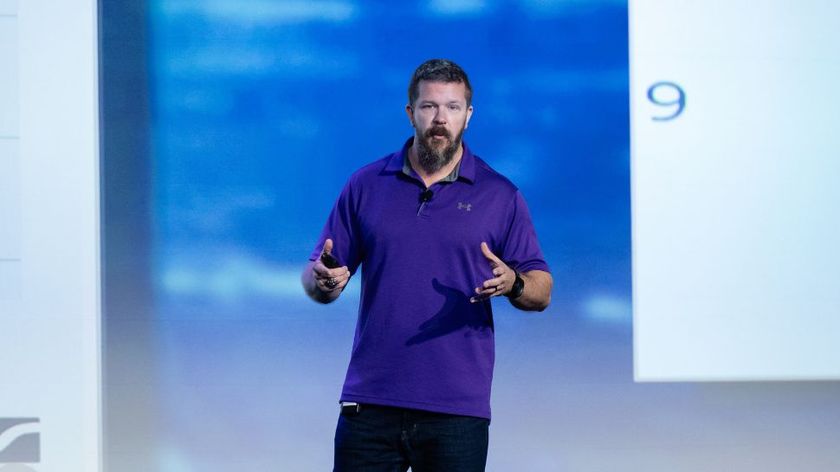How to be a responsible digital citizen
Respecting others is a good start, as is taking care of your privacy online

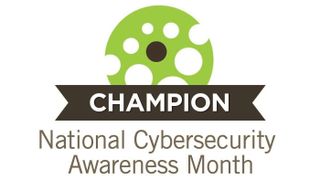
NCSAM was launched by the National Cyber Security Alliance & the U.S. Department of Homeland Security in October 2004 to make sure that our online lives - at work and at home - are kept safe and secure. That's what National Cybersecurity Awareness Month (NCSAM) – observed in October – is all about!
The internet has transformed our lives since its inception, connecting users and enabling a virtual online worldwide community for all, as we explore common interests, share knowledge and have meaningful discussions.
Part of the process of a child growing up is to learn to become a responsible citizen, able to obey laws, protect their privacy, and respect the rights of others. And in the same way, when your child becomes a digital citizen and explores the online community we call the worldwide web, they must also learn certain rules, behaviors and good practice.
Here are some key points to bear in mind as you guide your child to become a responsible digital citizen.
Respect for others and yourself
Being a good digital citizen starts with having respect for the others using the web. Unfortunately, the perceived anonymity of the internet can lead some folks to make the sort of comments online that they would never say to anyone face-to-face.
This has got so bad in recent years that many websites have simply eliminated any facility to make comments, as the ‘flame wars’ and spam are so pervasive that it can be difficult or indeed near impossible to have any meaningful dialogue about the actual site’s content.
While this is unfortunate, it is unlikely to change anytime soon. A responsible digital citizen should be aware of this, and not participate in flame wars, as it just fosters more disagreement, rather than changing anyone’s opinion.
When they do have an opinion to express, they should look for a moderated forum, which requires users to have established accounts, and where there’s oversight with consequences – such as being banned from the forum (either temporarily or permanently). Also, feel free to report the ‘forum trolls’ to the mods, and then move on to a friendlier place if the situation warrants.
Are you a pro? Subscribe to our newsletter
Sign up to the TechRadar Pro newsletter to get all the top news, opinion, features and guidance your business needs to succeed!
- Check out our list of the best VPN providers in the market

Digital is forever
Many users put a substantial portion of their lives online. This includes forum posts, websites, and also social media such as Facebook and Twitter. Often images are posted in online photo sharing sites including the popular Google Photos that backs up images from smartphones instantly, Flickr, and also video content on YouTube and other similar platforms.
These sites can be useful for sharing content with family and friends – after all, less and less pictures are being printed to hand around these days. However, the downside is that once this content is uploaded, it’s there forever and cannot be taken down.
While it is unlikely to be damaging to have some images of your latest family gathering or vacation online, you must seriously think about what gets posted. Realize that in a Kaplan Test Prep poll, over two-thirds of college admissions offices thought it was fair game to look at an applicant’s social media feeds, and this was used last year to revoke acceptances to 10 applicants to Harvard.
Beyond college admissions, employers also use social media, with 70% using it to screen applicants during hiring, and 43% using it to check on existing employees.

Privacy protection
While sharing content online can be enjoyable, users also need to be aware of their own privacy. Children should be taught to use strong passwords, which should be at least 12 characters in length, with a combination of uppercase letters, lowercase letters, numbers and special characters, arranged in random combinations, and not dictionary words.
Thankfully, this can be easily accomplished by using a password manager. Going beyond the password, two factor authentication (2FA) is considered more secure, and should be enabled on all accounts that offer the facility.
Privacy also applies to more than passwords. A good digital citizen should be wary of sites that ask for too much information, such as addresses, phone numbers, birthdates, salaries, credit card info, and social security numbers.
While these sort of details may be required to file a tax return with the government, they aren’t necessary for a free email account or online forum. Also be suspicious of downloading and applying software from dubious sources other than directly from the manufacturer’s site.

Obey the law
Those who look to get into trouble on the internet can certainly find it, whether on the dark web, or via the latest illegal file downloading site. Just as in life, there is plenty of opportunity to do the wrong thing.
Digital citizens need to be taught to obey the law in everything they do online. While doing the right thing has its own virtue, also realize that there are digital fingerprints of the user everywhere they have traveled online, and that no one is truly 100% anonymous and untraceable.
Be skeptical
The web is bristling with content, and has the power to be informative on just about any topic. However, far from every source on the web is trustworthy. Look around for a bit, and you can find those who think the Earth is flat, Elvis is alive, and that the moon is made of green cheese, alongside plenty of other total nonsense.
New users need to be taught that every conspiracy theorist has a website, and therefore a platform to peddle their claptrap, and too often others flock to this rubbish like moths to a light bulb. Heck, there is even a tradition of posting all sorts of kooky content for April Fool’s Day, that while entertaining, can be confusing for the unaware.
It’s important for a novice web surfer to realize that low quality content is frequently encountered online. While it can be fun to see some of the stories we linked to above, any web-based theory – even more plausible sounding ones – should be approached with a healthy dose of skepticism, and we should always be knowledgeable about the source of the information.
Equally, care needs to be taken when meeting other people on the net. Obviously, no child should go off with a stranger at the mall or park, for example, and the same applies to folks that we encounter online. Unfortunately, that is too often not the case, and kidnapping facilitated through social media remains a serious and real problem that children need to be protected from.
Jonas P. DeMuro is a freelance reviewer covering wireless networking hardware.
